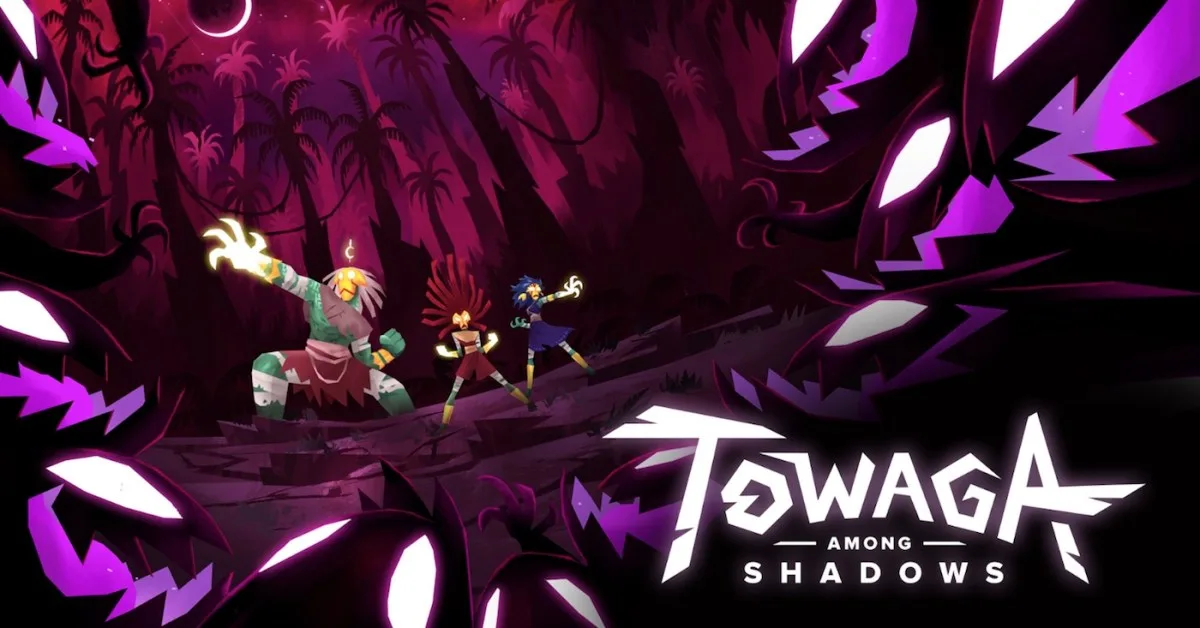Are educational apps actually helping children learn?
Do educational apps for preschoolers really help them learn? A new study from the University of California, Irvine has an answer.
The study’s findings suggest that most educational literacy and math apps are not designed to improve a child’s intelligence. Children under the age of five learn differently and have shorter attention spans than older kids, but few apps are incorporating the guidance to help preschoolers absorb and process information.
For three months, co-authors Stephanie Reich and Melissa Callagan evaluated the top 10 paid and free children’s math and literacy apps for players under the age of five. Although the apps performed well when it came to communicating goals, instructions, and positive feedback, they rarely provided in-play guidance and rephrased instructions necessary for helping preschoolers learn.
We discuss the study and its findings.
Guest:
Stephanie Reich, co-author of the study and associate professor of education at UC Irvine













